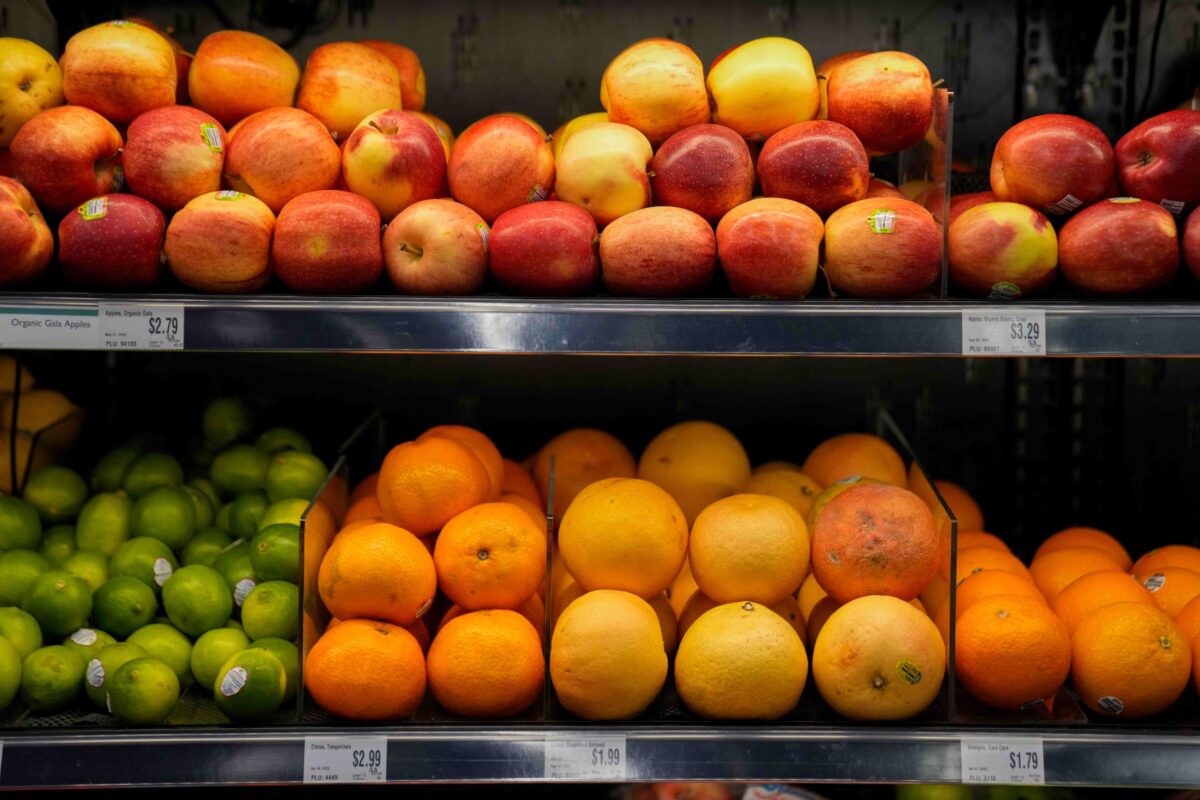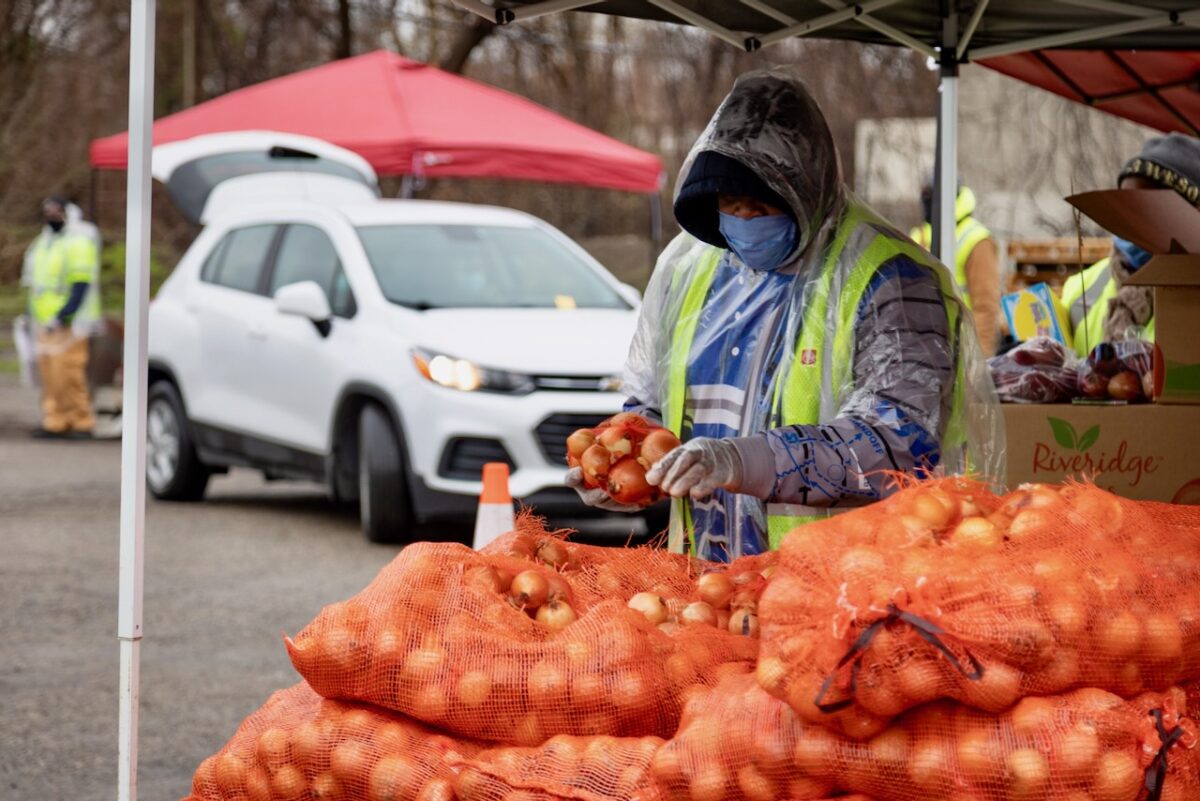Overview:
- Congress allocated contingency funds for SNAP that could cover November's costs, says lawsuit filed against USDA.
- "Emergency funding exists for exactly this kind of crisis," says Michigan Attorney General Dana Nessel.
- A USDA spokesperson places the blame on Senate Democrats.
By KATHERINE DAILEY
Michigan Advance
Michigan Attorney General Dana Nessel has joined 22 other state attorneys general and three governors in filing a lawsuit Tuesday against the U.S. Department of Agriculture for their decision to suspend the Supplemental Nutrition Assistance Program benefits, also known as SNAP, for the month of November due to the ongoing federal shutdown.
The lawsuit, filed in the Eastern District of Massachusetts, alleges that the suspension of benefits was done unlawfully, specifically due to SNAP-specific contingency funds appropriated in budgets for Fiscal Years 2024 and 2025 by Congress that would at least partially cover the expenses of the program for November.
The suspension of benefits violates the Administrative Procedure Act, the attorneys general and governors claim.
“Emergency funding exists for exactly this kind of crisis,” Nessel said in a press release from her office regarding the lawsuit. “If the reality of 42 million Americans going hungry, including 1.4 million Michiganders, isn’t an emergency, I don’t know what is. It is cruel, inhumane, and illegal to hold back emergency reserves while families struggle to put food on the table.”
SNAP is, according to the lawsuit, an appropriated entitlement, citing the Government Accountability Office, “‘meaning that the government is legally required to make payments to those who meet the program requirements’” and that “‘USDA’s liability [extends to] the availability of appropriations for these payments.’”
The cancellation of those benefits will lead states to be “irreparably harmed,” the attorneys general and governors state.
“Plaintiff States are thus being forced to spend their limited resources to operate a benefits program while USDA fails to provide the underlying benefits,” the suit reads. “Plaintiff States have already spent millions in October to administer SNAP benefits, a significant portion of which is dedicated to developing accurate benefit issuance files to ensure November benefits are issued promptly and accurately. When those benefits do not go out on time (or at all), that investment will have been for naught.”
“Because of USDA’s actions, SNAP benefits will be delayed for the first time since the program’s inception,” the lawsuit reads.
“We are approaching an inflection point for Senate Democrats,” a Department of Agriculture spokesperson wrote to States Newsroom regarding the suit. “Continue to hold out for the Far-Left wing of the party or reopen the government so mothers, babies, and the most vulnerable among us can receive timely WIC and SNAP allotments.”
Nessel has also joined a group of state attorneys general in a letter asking Secretary of Agriculture Brooke Rollins for further answers on why the contingency funding is not being used and whether this is a “suspension” or a “cancellation” of benefits. She will also host a press conference on Wednesday alongside Lansing Mayor Andy Schor to address the lawsuit
Michigan Advance is part of States Newsroom, a nonprofit news network supported by grants and a coalition of donors as a 501c(3) public charity. Michigan Advance maintains editorial independence. Contact Editor Jon King for questions: info@michiganadvance.com.
MORE FROM PLANET DETROIT
Detroit food rescue partnership kicks off with 617,000 pounds of produce in 2 months
Sharing Excess, a Philadelphia-based organization that redistributes surplus food, and West Bloomfield Township-based Metro Food Rescue are collaborating to rescue up to an estimated 5 million pounds of fruits and vegetables annually for people in need. The two nonprofits headquartered in a Delray warehouse where they will sort and repack surplus produce rescued from vendors…
USDA cuts rattle Detroit’s ‘resilient’ food pantries
In Detroit, a food distribution event at Pilgrim Baptist Church has been a lifeline for hundreds of families for over a decade. Recent cancellations of $4.3 million in state food bank orders due to USDA spending reshuffles have cast uncertainty over its future.
How Trump’s tariffs are set to raise Michigan grocery prices
Trump’s tariffs on imports could lead to a 2.8% increase in food prices, disproportionately impacting low-income households and complicating decision-making for food companies and farmers.





